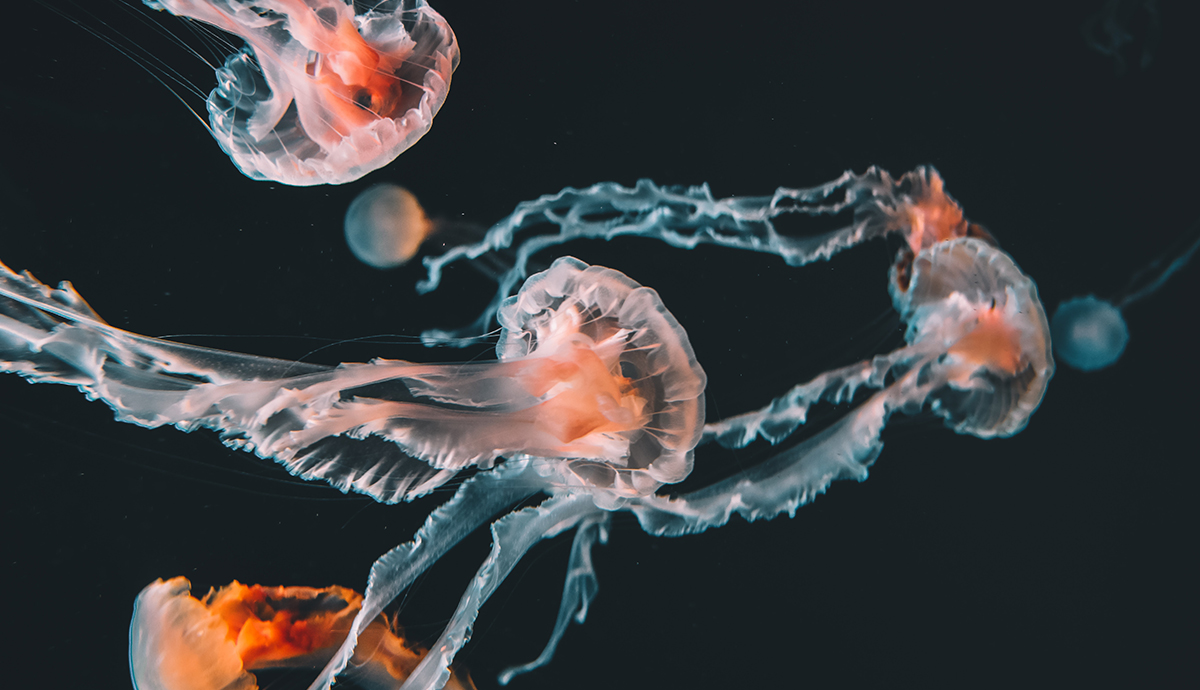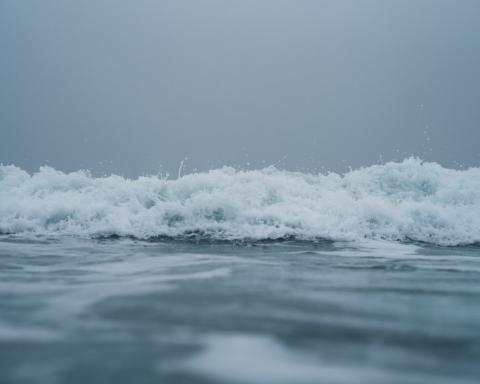The first pages of Melville’s Moby Dick depict the fascination of landlubbers looking out to sea: “They must get just as nigh the water as they possibly can without falling in.” I, born under the water sign of Scorpio, share that more than ordinary impulse. I live a twenty minutes’ drive from the great Pacific and yearn to hear the unrelenting waves crash against the cliffs, the steady, reliable throb that echoes with the human heartbeat, the way pendulum clocks on a wall align their rhythm.
The eyes' searching for the horizon is a planetary experience: what lies beyond the global edge? Keep going and you don’t find another world, but a different aspect of the one we already inhabit. By which I mean, other peoples, other cultures, other problems.
I belong to an organization—the not-for-profit Abraham Lincoln Brigade Archives (ALBA)—that gives a generous annual award for human rights activism. Each year I participate in the selection of a person or group that devotes itself, at some risk, to helping people in distress.
The awardees, in my estimation, are heroic.
In my search for appropriate nominees, I came upon a group of lifeguards from Catalunya, the region of northeast Spain that touches the Mediterranean. They call themselves Proactiva Open Arms, a non-government, non-profit organization. Their mission is simple, dangerous, indeed controversial. They rescue people from the sea.
They specialize in surveillance and rescue operations of boats packed with refugees. While the world’s leaders wage wars that cause the numbers of refugees to rise, this small group rushes into the waters to save drowning people.
They are good at their work, though limited by the support they can muster. And they antagonize governments and groups that would prefer not to call attention to the thousands of refugees who have already drowned or will drown or might have been saved if Proactiva Open Arms had more resources.
When a couple of these saviors came to New York to accept their award (the ALBA/Puffin Prize for Human Rights Activism), I had a chance to listen to some of their stories of courage and loss.
Their narrative, with a touch of Melville, became the basis for my poem, “Sanctuary.”




